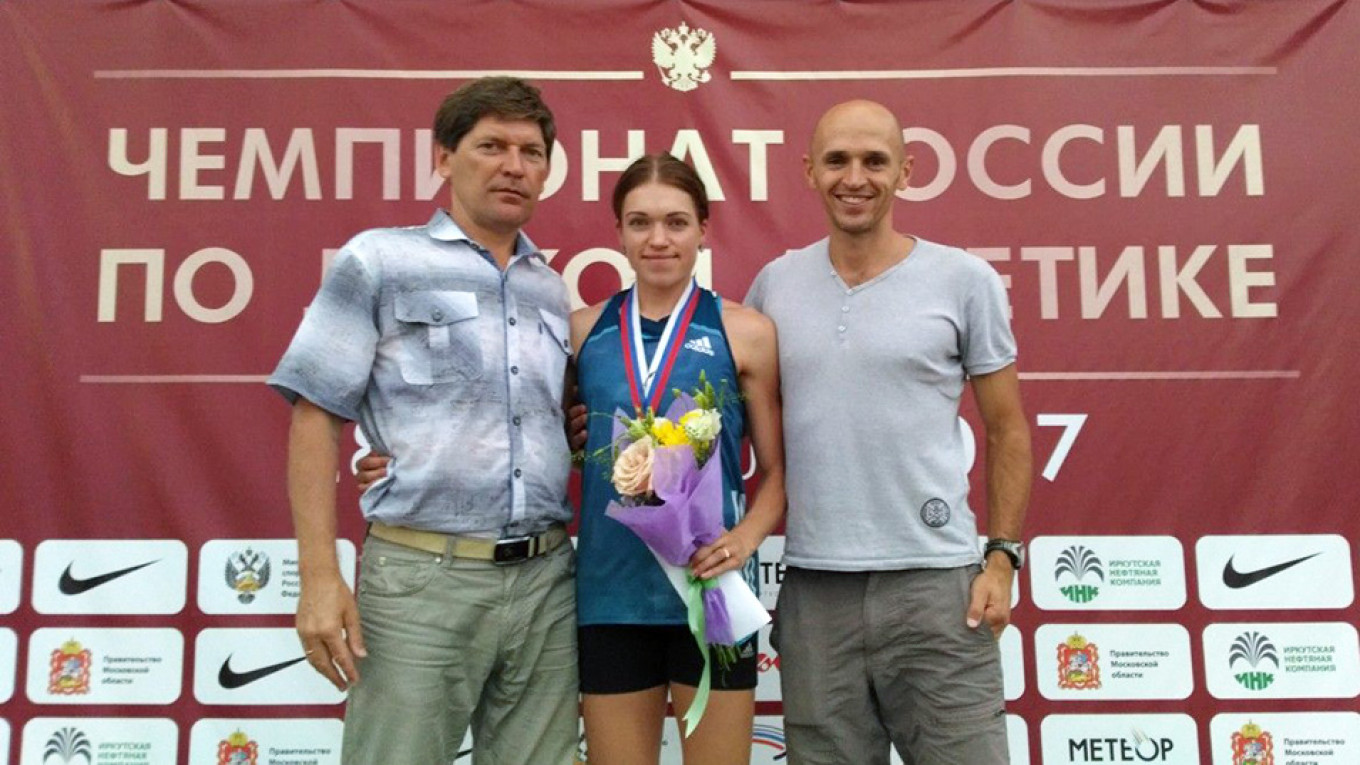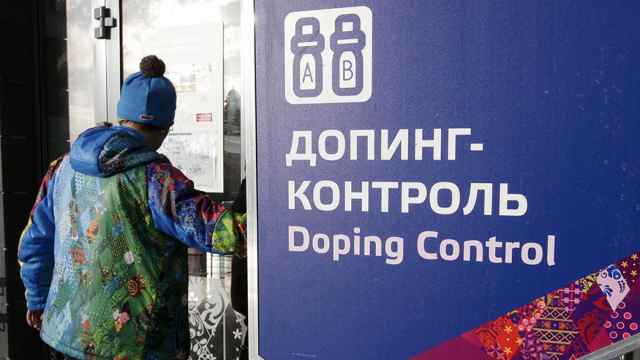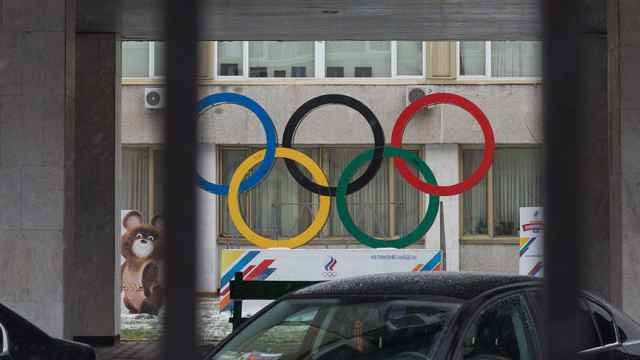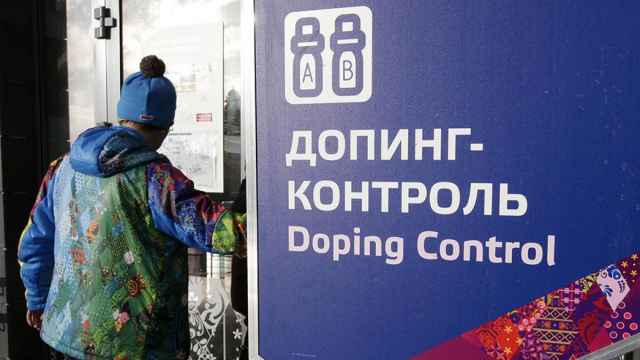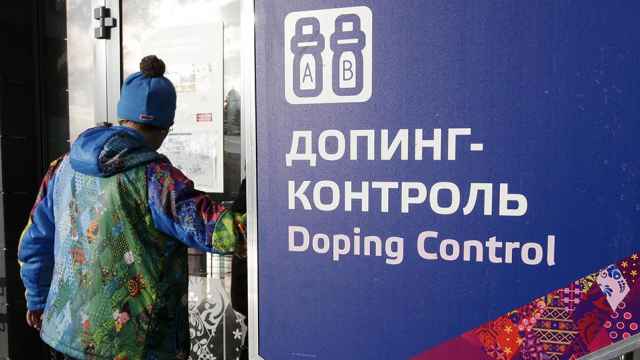Russian middle distance runner Ksenia Savina has been suspended for 12 years after she was found to have taken a banned substance and then provided false medical documents to avoid sanctions, the Athletics Integrity Unit said on Wednesday.
The 29-year-old Savina, whose ban essentially ends her career, tested positive in an out-of-competition test for the banned blood-boosting hormone EPO last year and was provisionally suspended.
She claimed at the time it was her coach and husband Alexei Savin who had needed the medication to treat what she said was chronic renal failure, and that it must has been mixed up with her own back pain medication, the AIU said.
After Savina provided medical documents to support the claim that her husband had chronic renal failure, further investigation by the Russian anti-doping agency (RUSADA) for the AIU showed the documents had been forged.
"The Athlete failed to respond as required by the specified deadline of 17 April 2019 and she is therefore deemed... to have admitted the first and second anti-doping rule violations and to have acceded to the consequences specified in the notice of charge," the AIU said in a statement.
Savina's suspension period is 12 years and all her results since May 2018 are void, the AIU said.
Such lengthy bans are uncommon but the athlete's attempts to shift blame and avoid sanctions by providing false documentation added another anti-doping rule violation in her case.
Savin, her coach, received a four-year ban for violating anti-doping regulations, the AIU said in a separate statement.
Russia has been rocked by several sporting bans in recent years after international investigations found evidence of widespread, state-sponsored doping in athletics and a string of other sports.
Russian anti-doping agency RUSADA and Russia's athletics federation were suspended after a 2015 report commissioned by the World Anti-Doping Agency (WADA) found evidence of state-sponsored doping in Russian athletics.
RUSADA was reinstated last year, while Russia's athletics federation remains suspended by the global athletics governing body IAAF.
A Message from The Moscow Times:
Dear readers,
We are facing unprecedented challenges. Russia's Prosecutor General's Office has designated The Moscow Times as an "undesirable" organization, criminalizing our work and putting our staff at risk of prosecution. This follows our earlier unjust labeling as a "foreign agent."
These actions are direct attempts to silence independent journalism in Russia. The authorities claim our work "discredits the decisions of the Russian leadership." We see things differently: we strive to provide accurate, unbiased reporting on Russia.
We, the journalists of The Moscow Times, refuse to be silenced. But to continue our work, we need your help.
Your support, no matter how small, makes a world of difference. If you can, please support us monthly starting from just $2. It's quick to set up, and every contribution makes a significant impact.
By supporting The Moscow Times, you're defending open, independent journalism in the face of repression. Thank you for standing with us.
Remind me later.


